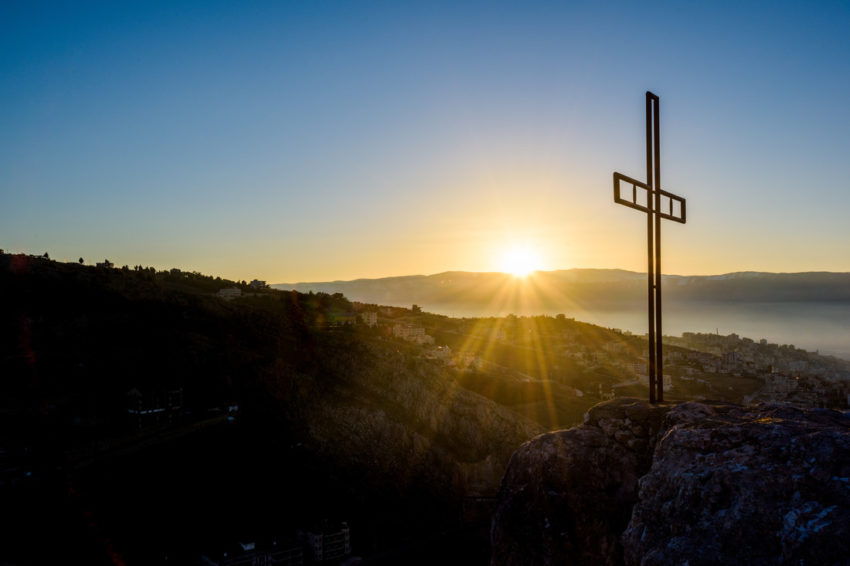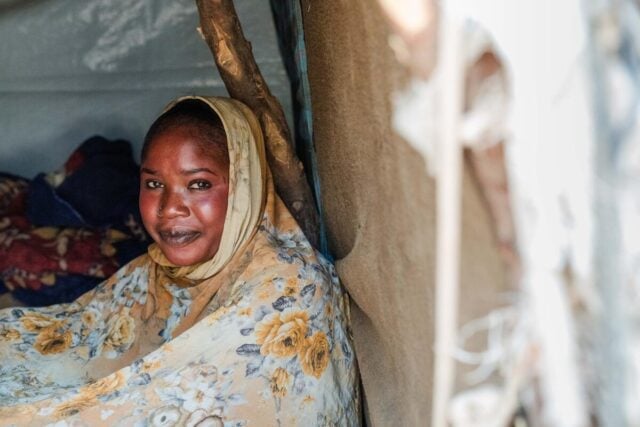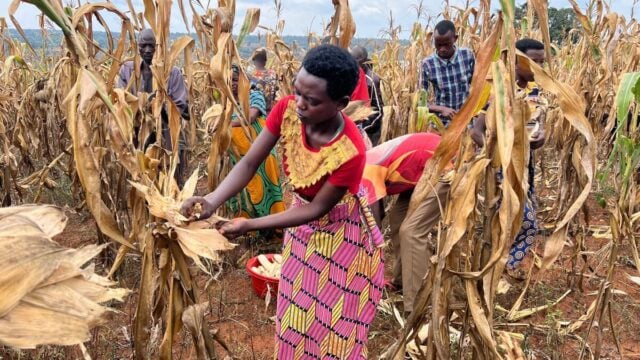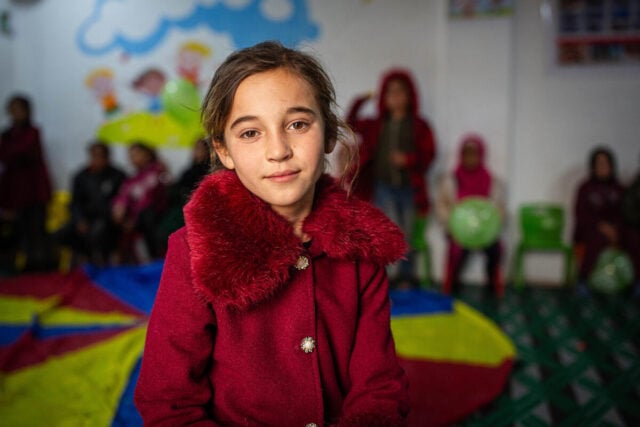It’s not until the seventh chapter of the first book of The Chronicles of Narnia that you even learn the principal character’s name. He’s the Christ figure; he’s the king. But it’s only in the seventh chapter you read these words: “They say that Aslan is on the move.” And that changes everything in the story.
God is up to something in the Middle East, in a land that is weary with people who are losing hope. Aslan is on the move, and we get a chance to decide how we will join the Syrian refugee response. But if it’s going to be a movement of God, it will be you and I, as individuals and churches, figuring out, learning, and growing in awareness.
Some of us will take the first step and move into a place of engagement and learning. Then some of us will actually take the next step to investment — we will invest our time, our money, and our ministry to responding to the needs of refugees. But it will not be a top-down mandate. It has to be the people of God moving into what he is doing.
God is up to something in the Middle East, in a land that is weary with people who are losing hope.
Until then, we have to create a safe space for difficult conversations around refugees and our role as Christians in this situation, because many people are on a continuum. As I have those conversations, I’ve found they’re getting clouded. It’s overwhelming — the faces of the people who are there in Lebanon or Jordan, sitting in a plastic tent five minutes from the Syrian border. You also see it on the faces of those showing up to help — it’s too big, it’s confusing. Fear can enter into this. Sometimes anger. It’s the latest headline. What is it we’re supposed to do?
I’ll tell you what I’ve done as a pastor. I preempt these arguments by saying we’re going to have them. As I’ve tried to have conversations with my congregation about this, I’ve noticed we tend to lump people into categories. We make broad generalizations and assumptions. That’s not right.
We have to vow that we will not allow that language to take place and instead say, “We might not arrive at the same place on this, we’re not going to agree on everything, but we can agree that we will have a common language and we will not destroy community over this.”
From a distance, someone might just look like a problem; they look like someone I don’t want to know. But up close, they have a story, they’re made in the image of God, and they have a name.
In the work that our church is doing in Ferguson, Missouri, there is one thought we keep in mind, no matter what we do — distance demonizes. I first heard that from David Anderson, a pastor friend in Baltimore. From a distance, someone might just look like a problem; they look like someone I don’t want to know. But up close, they have a story, they’re made in the image of God, and they have a name.
When you begin to move from awareness to engagement, it’s people’s stories that bridge that distance. So when I’m sitting in a tent in Lebanon hearing a refugee family weeping and wondering if Dad is even alive in Syria, now it’s not theory. When I’m sitting at a school in a slum in Beirut, and all the kids are drawing pictures of hand grenades and bombs, it’s not theory.
I believe people like World Vision can help us bridge the gaps and can help us tell those stories. But if this is going to be a movement that makes a difference over the years, we can’t just talk about awareness or engagement. For us to feed, clothe, and provide, it will cost money.
Is this going to make a difference? I’m not naïve enough to think that our involvement with Syrian refugees now and in the coming years will make everything in that region of the world better. But if you’re telling me that providing a cup of clean water, warm food, a place to sleep, and a school for children won’t make a difference — of course it does. We don’t know how much. I just know we’ve been called to this as the church.
I’ll remind you of a story you know. On the worst night of his life, after he had a meal with his closest friends, Jesus is on his way to Gethsemane to pour his heart out to his Father, and he prays another prayer. You’ll find it in John 17. He prays for himself, he prays for his disciples, and then he prays for us. He doesn’t pray that we would be the coolest kids on the block. He doesn’t even pray that we would have airtight theological arguments or witty comebacks to the people who disagree with us.
This is our chance to show a watching world how the church can work together.
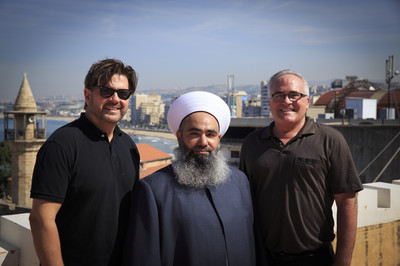
You know what he prays? He says, “Father, may they be one, as you and I are one.” So somehow, the way you and I love, worship, work, and dream together, the way we face this crisis — this could reflect the oneness and love between Father and Son, and the world could take notice. This is our chance to show a watching world how the church can work together. It’s a chance to help people in a land that is weary. It’s a chance to offer hope where there isn’t much.
We’re not going to all agree on what we should do.
You’re not crazy for caring. You’re not alone, because we will do this together. And we’re not alone, because there is One who goes before us. There is One who is already up to something, and he is not intimidated or overwhelmed.
They say that Aslan is on the move, and I think that changes everything.
Greg Holder is the lead pastor of The Crossing in Chesterfield, Missouri, and author of the upcoming book The Genius of One. In 2015, he traveled to Lebanon to see World Vision’s response to the Syrian refugee crisis.
